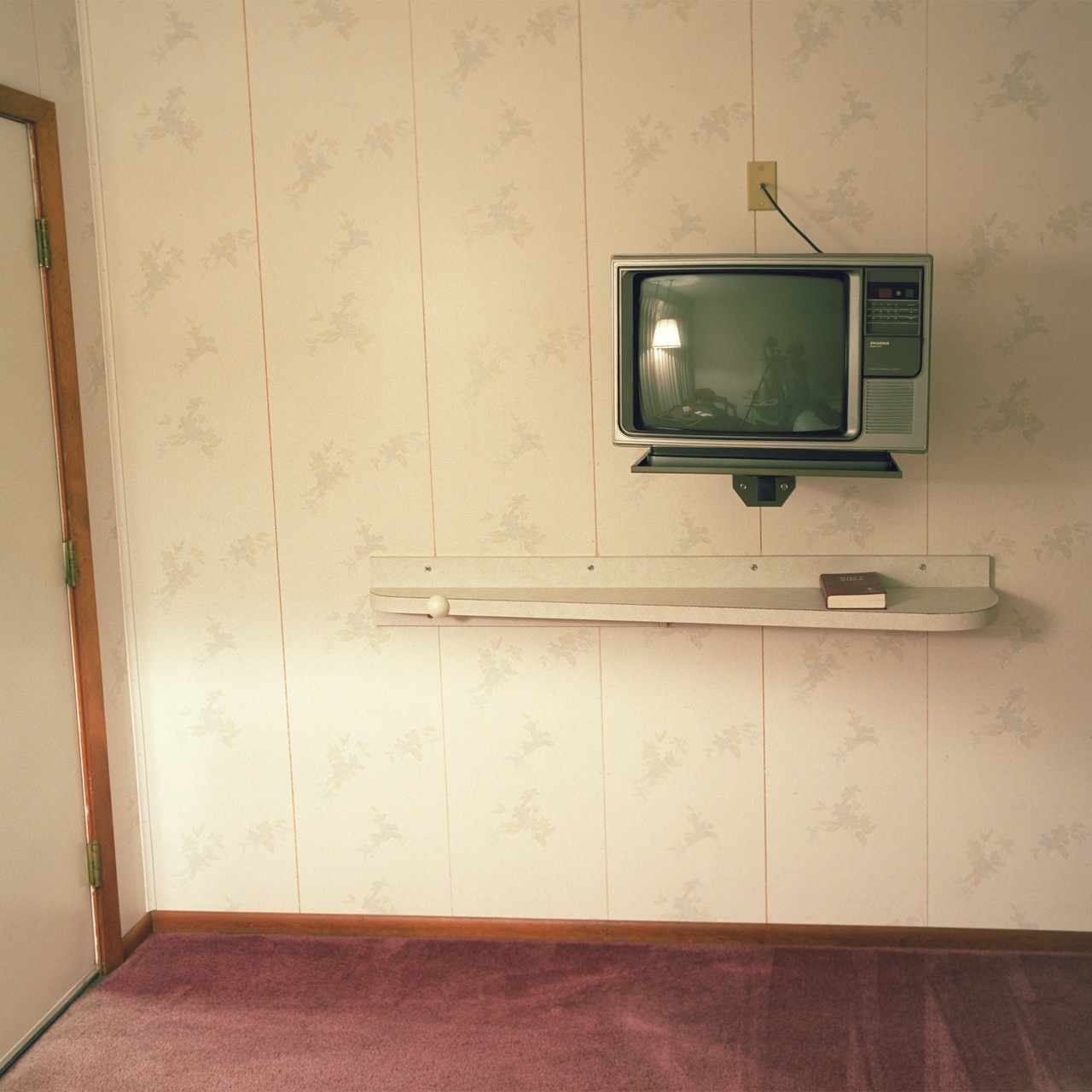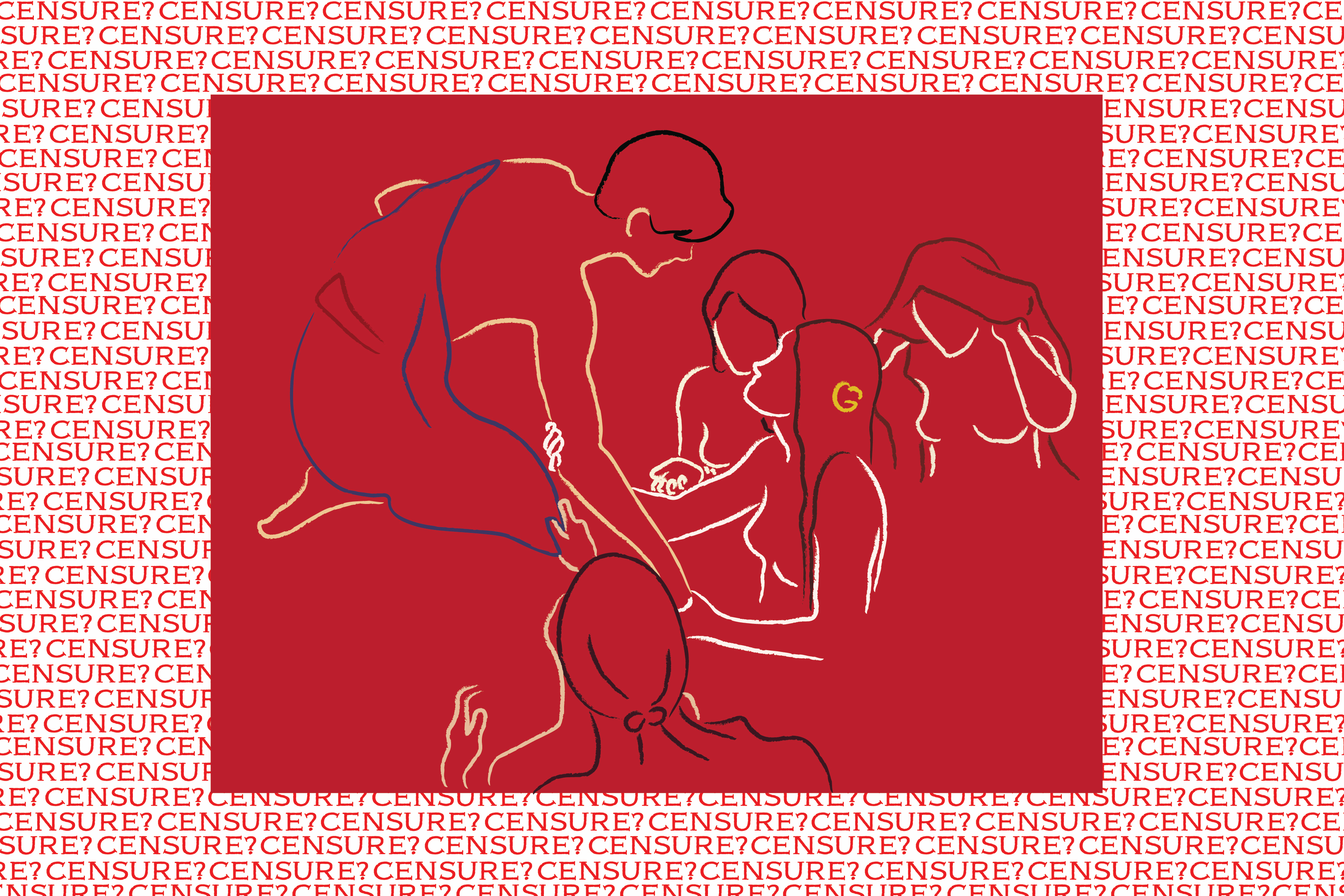
MACRON VERSUS LE PEN
On the 23rd of April, France chose the winners in the first round of voting. By a slim margin, they turned out to be Emmanuel Macron, from the populist movement En Marche! and Marine Le Pen, from the infamous Front National.
Mr. Macron is running on a neoliberal platform, emphasizing financial deregulation, striking the property tax and a strong affinity for the European market. Mr. Macron has tweeted and said multiple times that his ‘project’ (a word which he yelled at the top of his lungs in an absurd spectacle which quickly made the rounds of the internet) was a nation of start-ups, and that every young person should want to become a billionaire. Ms. Le Pen requires little introduction. Scrub the party’s image though she may, their discourse and platform is of the alt-right. She wants a Frexit to secure our borders and to somehow bring an end to terrorism, to restore our sense of national identity through the criminalization of Muslims, and to incentivize strong economic protectionism.
From the major players, this left three men out: François Fillon, the conservative party’s man, plagued by corruption scandals, who finished a close third. Jean-Luc Mélenchon, the far-left, who was dragged down by a lukewarm stance on Syria and a call for Frexit, and Benoît Hamon, from the socialists, a distant fifth, whom I only include because his party won the last elections. In my last article, I predicted that Mr. Hamon would not be nominated, and was wrong. But my instincts were not. Mr. Hamon totalled a disastrous 6.2% of votes. Never in the history of the fifth Republic since its first elections in 1965, have we not had at least a Socialist (Hamon) or a Republican (Fillon) in the second round.
What does this reveal about the current state of France? How do both Macron and Le Pen fit into our French psyche? We do not have the same fear of the inner enemy as America, or the same obsession with survival as Canada. But we do have one thing which drives us. The deeply entrenched motif of the shadowy Maquis.
The Maquis are the forests where those who resisted the German invaders hid and trained during WWII. After we were liberated, we quickly developed the national narrative that we were all a maquisard. Of course, national amnesia did require some scapegoating to delineate a clear us versus them line. For example, automobile company Renault’s assets were seized by the government after the war, whom I am sure had no incentive to ruin an industrialist’s infrastructure in times of reconstruction. And strangely, the much more delicate Chanel brand, headed by Ms. Gabrielle Chanel who was a Nazi collaborator and enthusiast, was left untouched.
It took twenty-eight years for the global resistance myth to be exploded by historian Robert Paxton with his 1972 Vichy France: Old Guard and New Order. Even today, our personal recollections of our families’ actions during the war are often nebulous. I know that my grandmother’s uncle, Alexis Duvert, was high-ranked enough in the resistance that a street was named after him. I know that my other grandmother’s neighbour was shot while picking mushrooms. It’s hard to get much else out. And even if I did, could I believe it? Would they tell the truth?
The Maquis, a dense and expansive forest of shadows and brambles, was the perfect place to conceal entire families with no risk of discovery. In the Maquis, you could get away with murder and no one would know. And that is the definitive French psyche: being willing to sell out those who we hate, submitting to the nearest pole of power available while plotting our exit strategy, because at any moment the Maquis might lose its charm. Although I might see your face neatly framed by the fir trees, I could never know for certain whether you had always played for my team. The Maquis is a place of betrayal and alluring promises of revanchism, and a place where denial is legitimate. Understand this, and you have understood much of France.
I am not claiming that both candidates are willing to sell us to forces comparable to Nazi Germany, although Marine Le Pen certainly toes the line, or that the oppression of the poor resembles the systematic extermination of Jews. But the urge which underpinned these acts has survived, most notably both Le Pen and Macron. Because we are terrified by poverty, Emmanuel Macron will sell us to the logic of finance, which he has done many times in his own government. Meanwhile, because we still have not learned how to embrace our ethnic population, Marine Le Pen will sell us to our own past, from which we seem unable to extract ourselves.
We all know that Ms. Le Pen is dangerous, but make no mistake, so is Macron. The foreign press’ immediate coverage has been disastrous. Macron versus Le Pen is not Clinton versus Trump. It is not Labour versus Tory. It is Reagan versus Trump. It is Thatcher versus Farage. It is a program which criminalizes the poor, privatizes education, fetishizes the ‘greed is good’ doctrine, versus a fascist program which relies on racism, xenophobia, antisemitism, and homophobia. Even worse, foreign discourse seems fixated on calling Macron a ‘centrist’, and a ‘new hope’ which reflects Macron’s strong financial and personal ties with the mainstream press. They are also shamelessly trying to reframe the debate: for them, we are not choosing between a fascist and an investment banker. We are choosing between the evil populist Marine and the soothing centrist Macron. Between isolationism and exchange. Between fear and hope. It is staggering that the press so blatantly lies by identifying Macron as an outsider, when he was a part of our last government, when he was built by political parties, when he was supported by the Socialist establishment from day one. Another narrative cropped up during election night, this time from the French press: that of Macron as Obama. The analogy is so tone-deaf, so depressingly aligned with sell-the-sizzle-not-the-steak method, that it could only have been produced by the Macron camp.
Do not be fooled by the can-do attitude: this election will be contested. You can talk about Jean-Marie Le Pen’s 2002 defeat with 17.79% of votes, but Marine is not her father. My parents were shocked to see him make it to the second round. This year, nobody was surprised because her brand was blatantly attractive in the face of terrorism. And there is the rest of the electorate to consider: the Fillon camp is angry, despite his call for Macron. So is the Mélenchon camp. The situation can only be described as volatile.
Most importantly, Emmanuel Macron is a poor debater while Marine is excellent; but more than anything she is right about him. In the first debate she said that Macron trafficked in wordy glib, and she is right. Emmanuel Macron is the French Sarah Palin: take their speeches, cut them up and jumble the pieces, you’ll still get one of their speeches.
Le Pen will also exploit the fact that Emmanuel Macron comes from and fights for the elite. Macron’s policies will benefit the extremely rich, and attack the poor. The very logic of neoliberalism he espouses dictates this dynamic. I see this because I have studied the Reagan era, and because I am profoundly pessimistic about people’s capacities to act beyond their self-interest, or the self-interest that glimmers before them, encouraged by a toothy man in a suit telling them that they too, can be Mark Zuckerberg.
While Le Pen’s policies are hardly better, she is right to invoke populism because it has its roots in rightful anger. Western policy has been characterized by a political elite which protects itself and is only opposed by a far too lenient left wing. Since the seventies, we have allowed inequalities to widen whilst fostering a liberal elite which looks down on but does not confront facile cartoonists. There is that nagging, Catholic part of me which tells me that our country might just deserve its collapse. After years of colonialism, exploiting the poor, overtly hating them and vilifying their cries for help, we deserve our fall.
Macron is every MBA whose daddy got him that internship at Goldman Sachs. The female variations on the theme call out Fillon’s misogyny, while planning for a future in which they will underpay ethnic women for taking care of their children or cleaning their houses. And while this description does not factually encapsulate the Macron electorate, for many, it is a question of aspiration: sell others out as quickly as you can, and you might just survive.
As a candidate, Macron exists as both the perfect voodoo doll for populism, as well as an aspiration to which so many subscribe. This is why we are not in a Clinton and Trump situation. Clinton had her flaws, but Macron is clearly closer to Trump the businessman. The French twist on the vulgar, new money, gluttonously individualistic ethos as a qualification for President.
His defence strategies will be simple: a narrative about how he will save European unity while attacking the very obvious horrors of a Front National administration. And yet, Le Pen will have no problem making a field day out of Macron. I will never vote for Ms. Le Pen, but I am hesitant to vote at all. I have lost the spirit of ‘the lesser of two evils’: same losers, same winners. I will take my decision when the time comes. But as of now, all I see are the shadows of the Maquis which we will gleefully retreat into. Under the careful wing of neoliberalism, we will sell out the poor and live in a deluded start-up arcadia. Under fascism, we will bend like we have before. When the time comes, if one of these outcomes collapses, it will be no one’s fault but the highly visible culprits. We will all be des résistants, hiding in another Maquis, the previous one turned into a Vichy town hall.
Photo credit: flickr







